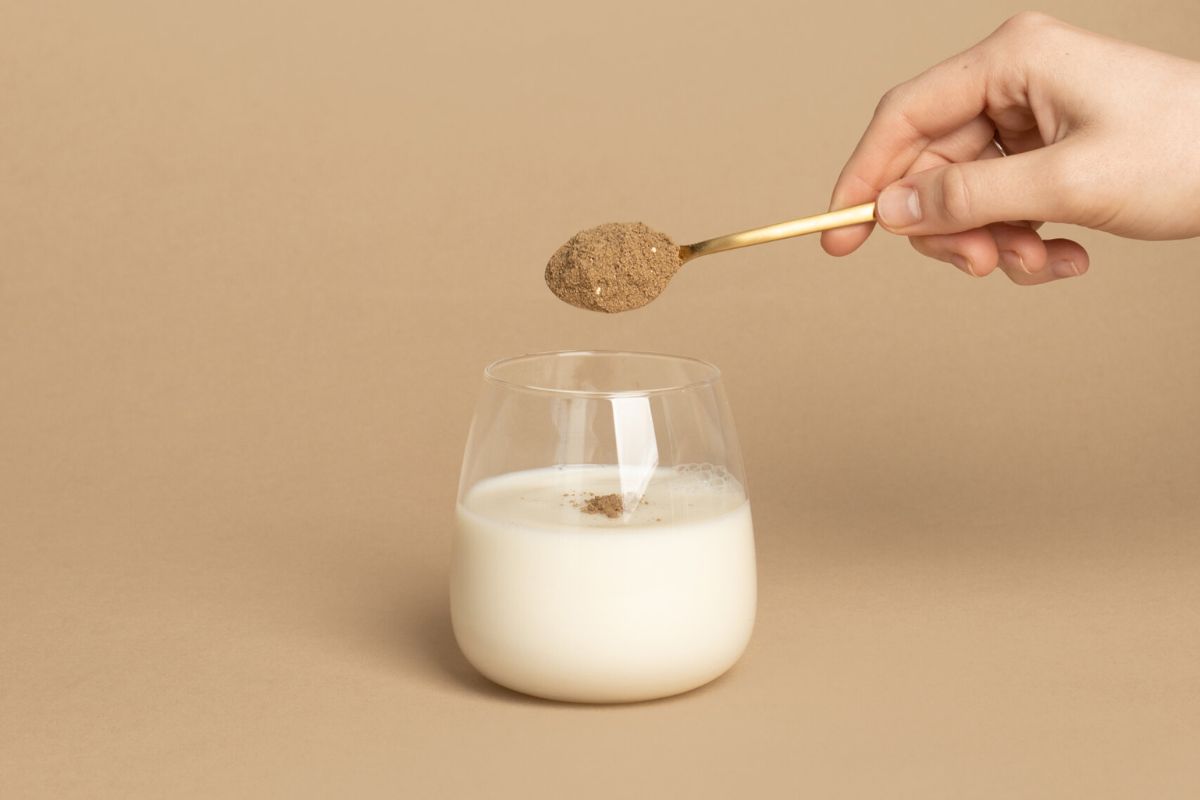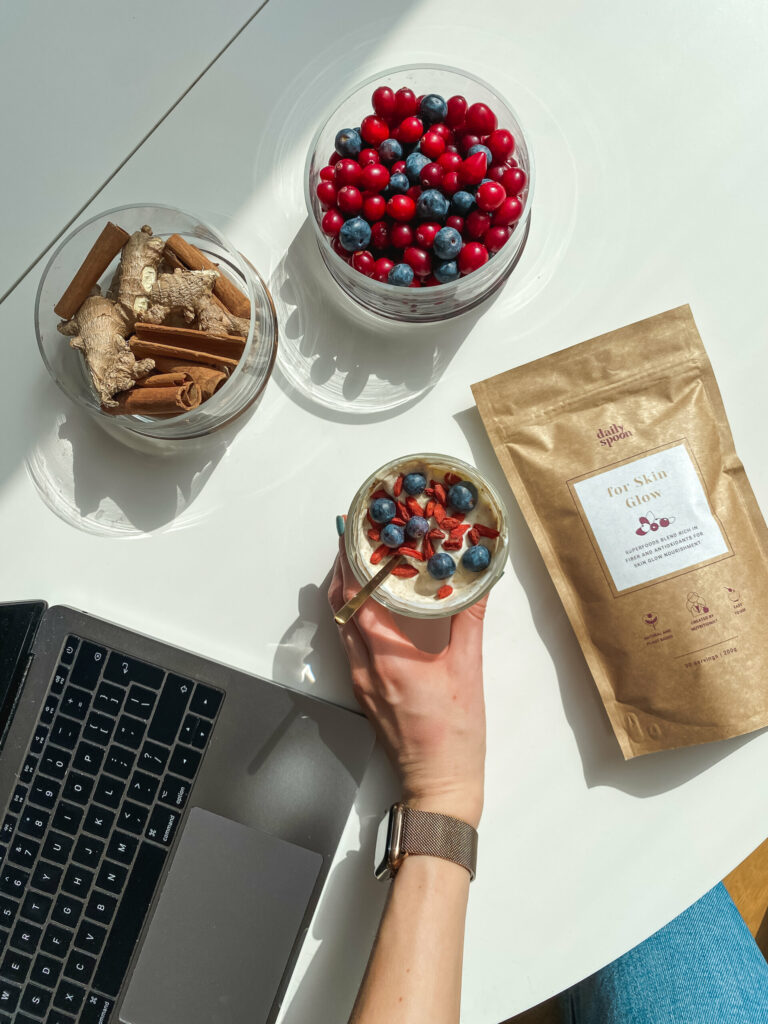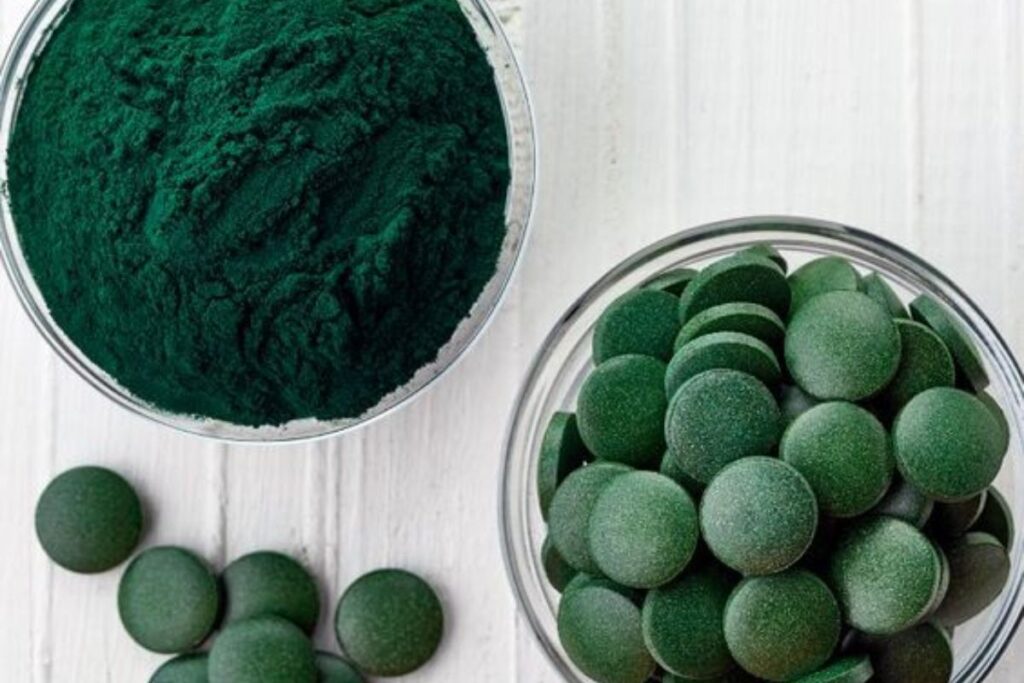In the Daily Spoon, we’ll often talk about protein, good fats, complex carbohydrates and fibre. That’s why I thought it would be a good idea to start off by going over the basic nutritional information that we can use to make informed choices about our diets.
I think it’s important to mention that I am not a certified nutritionist (although sometimes I feel like one from the overload of advice I give to my family), and I have relied on information from professionals and sources I trust. I will provide them at the end if you are looking for more detailed information.
So, shall we begin?
Carbohydrates
What are carbohydrates and what are their types?
- Simple sugars – white or brown sugar, honey, maple syrup. They are quickly digested by the body and are usually quite high in calories. These are what we call ’empty calories’ – low in nutrition, high in calories.
- White complex carbohydrates – bread, pasta, rice and flour products.
- Wholemeal bread and pasta, as well as brown rice and Bolivian balanda, are composite carbohydrates of wholemeal and unsifted flours.
- Vegetables and fruit – especially root vegetables such as potatoes, carrots and turnips.
As you probably know, it’s best to avoid simple sugars as much as possible. They give us a quick boost of energy when we eat them. We get a quick boost from the sugar, but it doesn’t last long and we end up feeling a bit sluggish. White complex carbohydrates take longer to break down in the body, so the energy is released more evenly. It’s best to go for whole grain products, as they’re richer in fibre and nutrition, which not only benefits the body but also gives us a longer feeling of satiety.
Why do we need carbohydrates?
- One of the main sources of energy during sport.
- It’s essential for supporting liver, muscle and nervous system function.
- Carbohydrates contain fibre, which is important for our intestines and digestion.
- Required for healthy brain function.
Fibres – what are they?
Fibre is a type of carbohydrate that helps maintain the health of our digestive system and is essential for our gut. Here’s what you should know:
- Insoluble fibre is there to help food and unabsorbed substances move through the intestines and keep digestion in good shape. You’ll find them mainly in wholemeal and unsifted flour products.
- Soluble fibre is found in vegetables, fruit, pulses and beans. These fibres help the good bacteria in our gut to thrive.
Protein
Protein is the building block of our body, and I’m sure I’m not the first to stress its importance to our health. Proteins are made up of 20 different amino acids. Our bodies make many of the amino acids we need, but we have to get the others from food.
Sources of protein:
- Whole proteins: meat, fish, eggs, milk, cheese.
- Incomplete proteins: beans, nuts, lentils, broad beans, peas.
It’s a common misconception that whole proteins are better than incomplete proteins. They’re just different. Nutritionists say that to make sure our bodies get enough protein, we should alternate between the two groups and include both in our diets.
Why do we need protein?
- They are essential for strengthening muscles, maintaining hormone levels and antibodies in our immune system.
- Protein is an important factor in how our body feels, breaks down and absorbs substances, and overcomes disease and infection.
- Helps regulate our metabolism and weight.
Fats
A very important but often unnecessarily underestimated food group. This may be due to the food industry’s use of labels such as “Low fat” or the foods that are associated with this food group, which tends to make people sceptical of foods with higher fat content. This would require an understanding of the types of fat that exist and their different characteristics.
- Unsaturated fats are healthy fats. They contain monounsaturated or polyunsaturated fatty acids.
Monounsaturated fat products: extra virgin olive oil, avocado, nuts, seeds.
Polyunsaturated fats: fattier fish like salmon, walnuts, flaxseeds, sunflower oil.
- Saturated fats are animal fats found in butter, lard or bacon. These fats raise cholesterol levels and should therefore be reduced as much as possible.
Why do we need unsaturated fats?
- Although carbohydrates are most commonly associated with providing energy to the body, fats are the most energy-dense food group. In comparison, protein and carbohydrates provide the body with 4 kcal of energy per gram, but fat has 9 kcal.
- Fats are important for the absorption of nutrients by our bodies.
- Along with them we get fatty acids like Omega-3 and Omega-6.
- Fats are necessary for the protection and renewal of our cells.
- Helps maintain the health of skin, nails and hair.
How should my plate look?
There are many different opinions on the proportions of food groups on a plate. I think that daily diet is a very individual and habit-based decision. Therefore, when people are confronted with information that encourages them to change their habits, it usually leads to a reaction of rejection. I believe that the path to a complete diet comes in its own time for everyone, and on that journey, the only thing we can do is to support each other and share the information we have.
In this case, I want to share an example that I like of the proportions in which we can put our food on the plate to get the different nutrients that our body needs. I have chosen an example from a publication by the Harvard T.H. Chan School of public health (Source). In the link you will see an illustration that advises:
- Half of your plate should be fruit and vegetables – the more variety the better, so let’s eat the rainbow.
- ¼ should be made up of whole-grain products – whole-wheat pasta, brown rice, oatmeal, Bolivian balanda etc.
- ¼ should be healthy proteins – fish, poultry, beans, chickpeas, etc.
- And don’t forget to include unsaturated fats in your diet – olive oil, avocados, nuts, etc.
So, with this first entry, I hope we have made a solid step towards an informative and practical information blog. I am very interested in your opinions and experiences, so please let me know where you look for information on holistic nutritional practices and what next topics would interest you? Email me at [email protected].
Daily Spoon originated from the desire to see a different type of healthy lifestyle product in Lithuania—one without empty promises or miraculous weight-loss teas, but rather focused on what is backed by science and helps you shine and feel good.
Radvilė
Founder of Daily Spoon
Šaltiniai:











